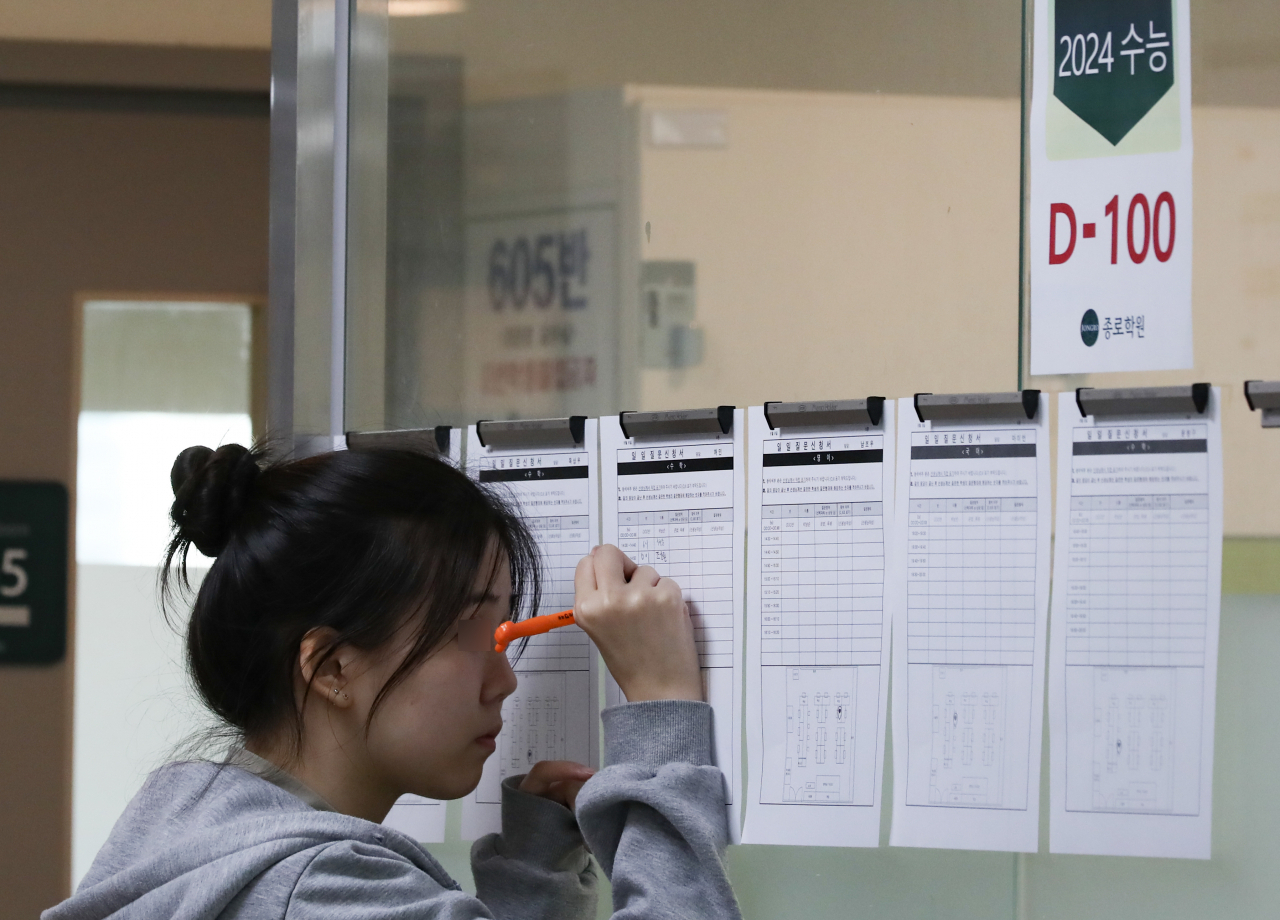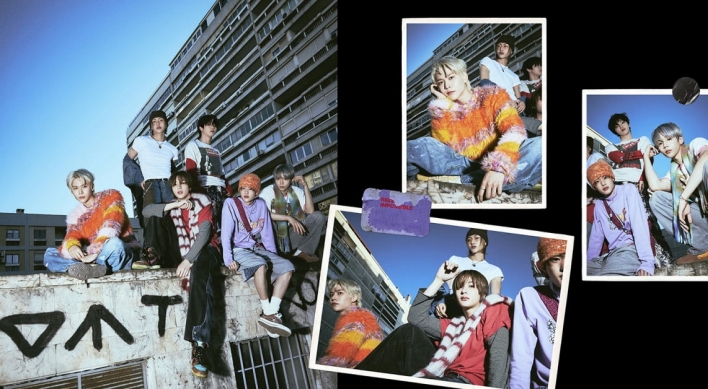Ministry aims to reduce household private education expenses by 7% this year
Taking ‘killer questions’ off Korea’s college entrance exam may reduce students’ reliance on hagwon, official says
By Park Jun-heePublished : Sept. 11, 2023 - 14:25

The Ministry of Education has set the goal of reducing household spending on private education by 6.9 percent to 24.2 trillion won ($18.15 billion) this year, from last year’s record high of 26 trillion won, according to a plan submitted to the National Assembly.
“(The ministry) is currently making efforts to reduce (households’) expenses on private education, and such initiatives will be pushed ahead in the latter half of this year and the first half of this year. … The effects of the policies will become visible after 2024,” the ministry stated in the report.
Household spending on private education here reached a peak in 2022. This figure marked a 10.8 percent increase from 2021’s 23.4 trillion won.
In 2022, 78.3 percent of students in grades 1-12 were enrolled in private education. The average monthly expenditures on private education per student amounted to 410,000 won. By subject, the average amount spent per month on English lessons was the most at 123,000 won per student.
A senior official at the Education Ministry overseeing the private education division told The Korea Herald that the expense reduction goal was calculated in line with the country’s consumer price growth -- which is expected to rise 3.5 percent, as forecast by the country’s central bank -- despite the expected decline in the number of students due to the continually falling birth rate.
“Earlier in June, the ministry rolled out a set of comprehensive plans to alleviate private education costs for students. We believe such measures will (help) curb class fees, and that students will no longer have to reach out to private institutions for help getting through the regular curriculum,” the official said, declining to comment further.
Under the scheme, the Suneung, Korea’s state-administered college entrance exam, will only cover materials taught in class from this year onward, excluding so-called “killer questions” that are typically drawn from material covered specifically in hagwon, which offer lessons tailored to students and thus often teach high-level questions beyond the scope of what is covered in school.
The ministry also made premium paid courses on EBS -- a state-run public broadcaster specializing in education, which offers online lectures -- free, allowing students to study on their own and at their own pace.








![[New faces of Assembly] Architect behind ‘audacious initiative’ believes in denuclearized North Korea](http://res.heraldm.com/phpwas/restmb_idxmake.php?idx=644&simg=/content/image/2024/05/01/20240501050627_0.jpg&u=20240502093000)










![[Today’s K-pop] Sunmi to drop single next month](http://res.heraldm.com/phpwas/restmb_idxmake.php?idx=642&simg=/content/image/2024/05/03/20240503050545_0.jpg&u=)